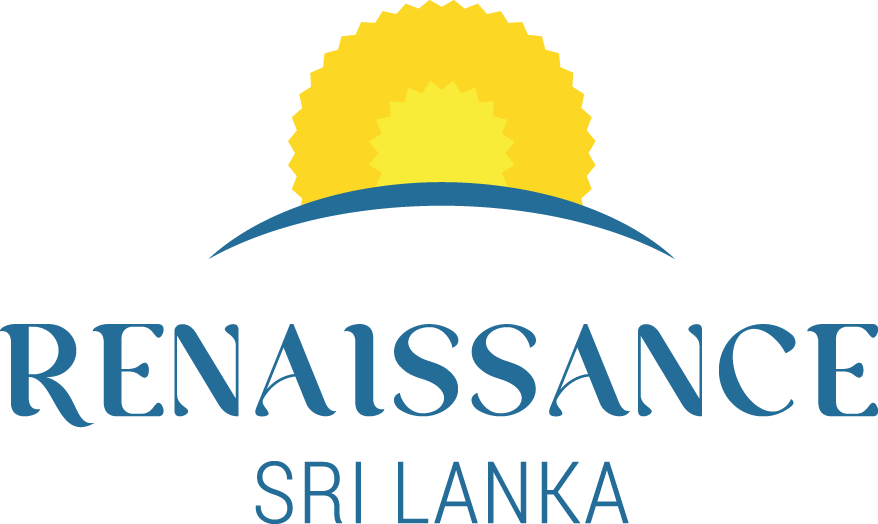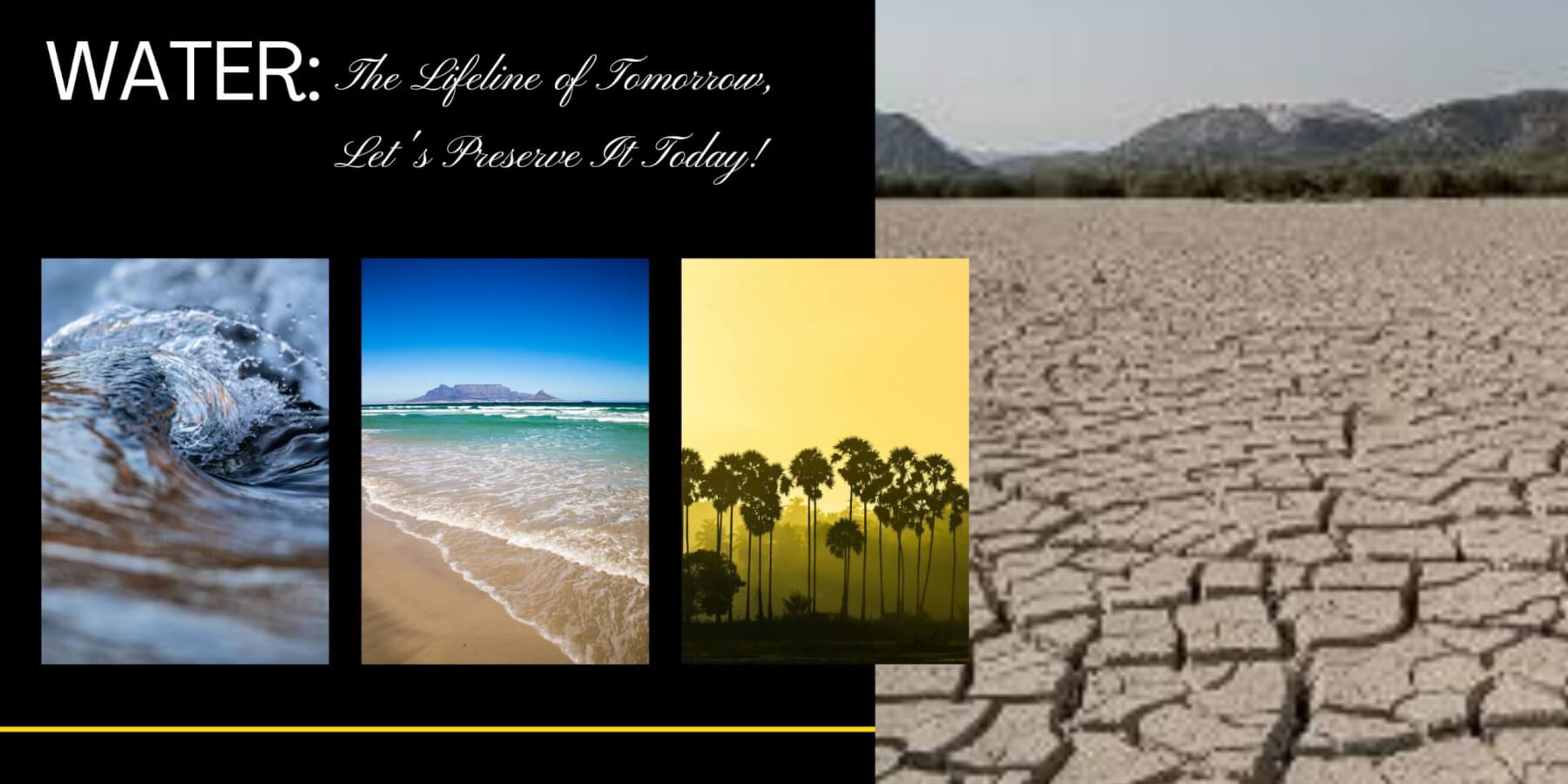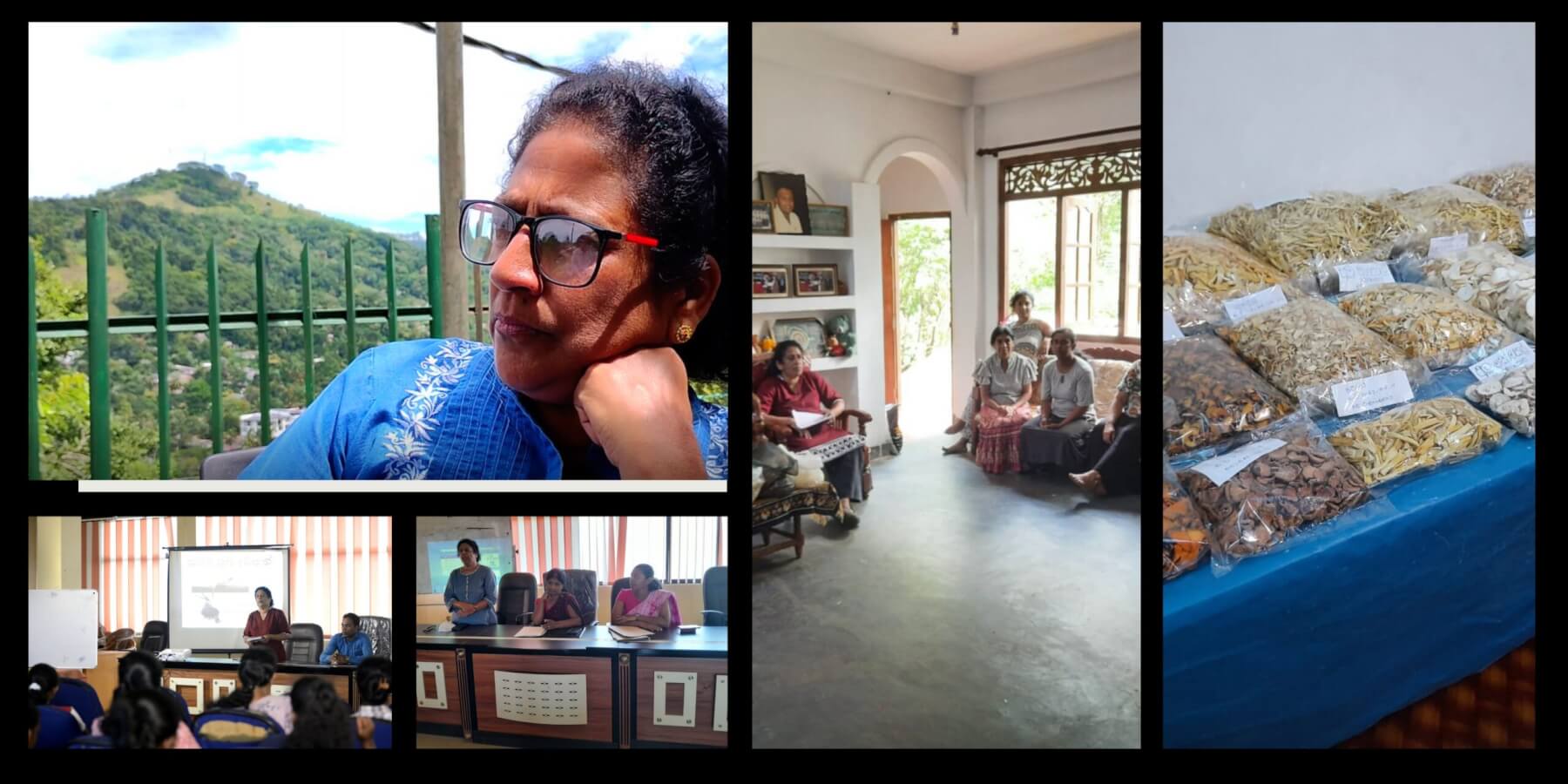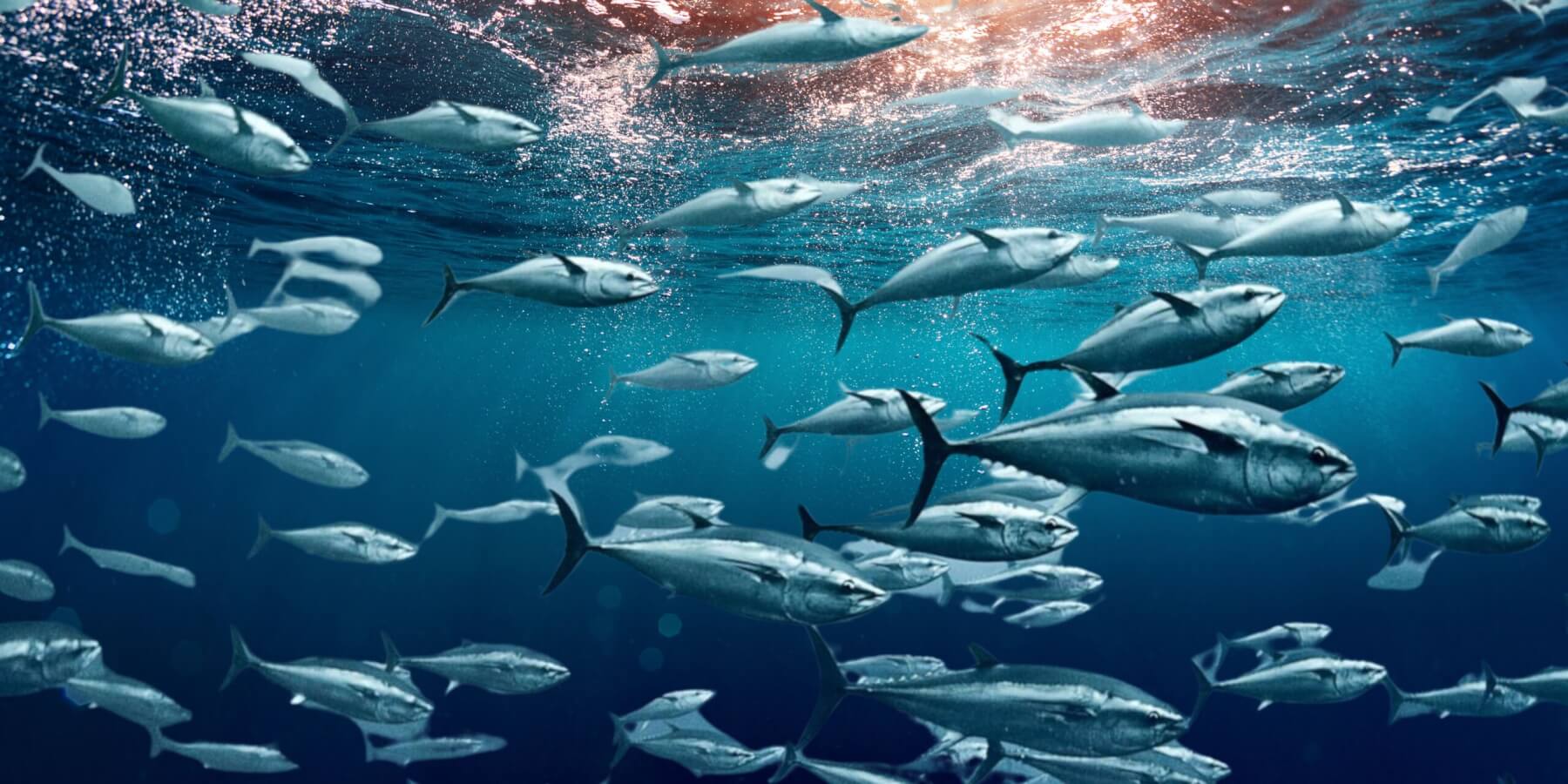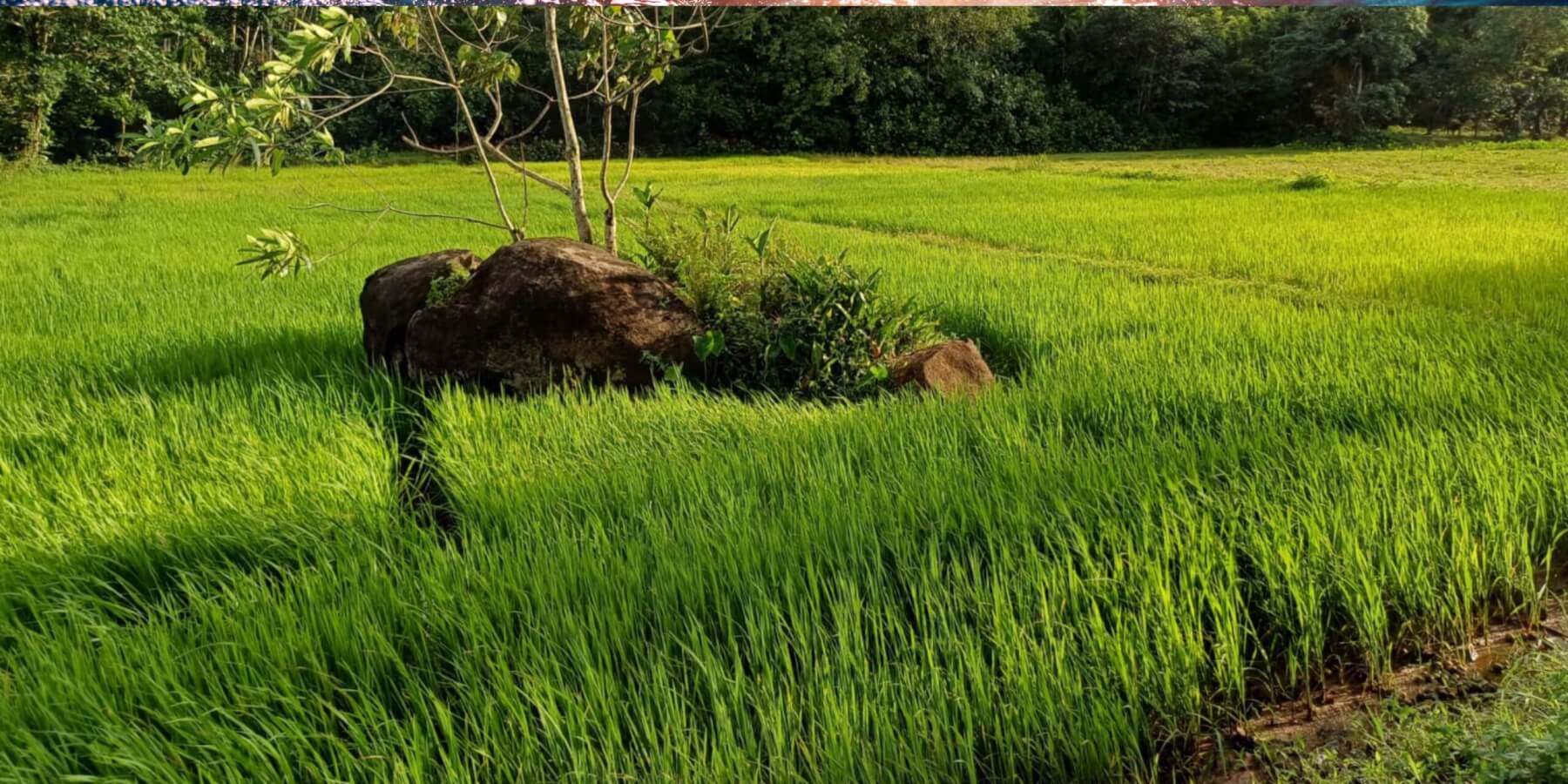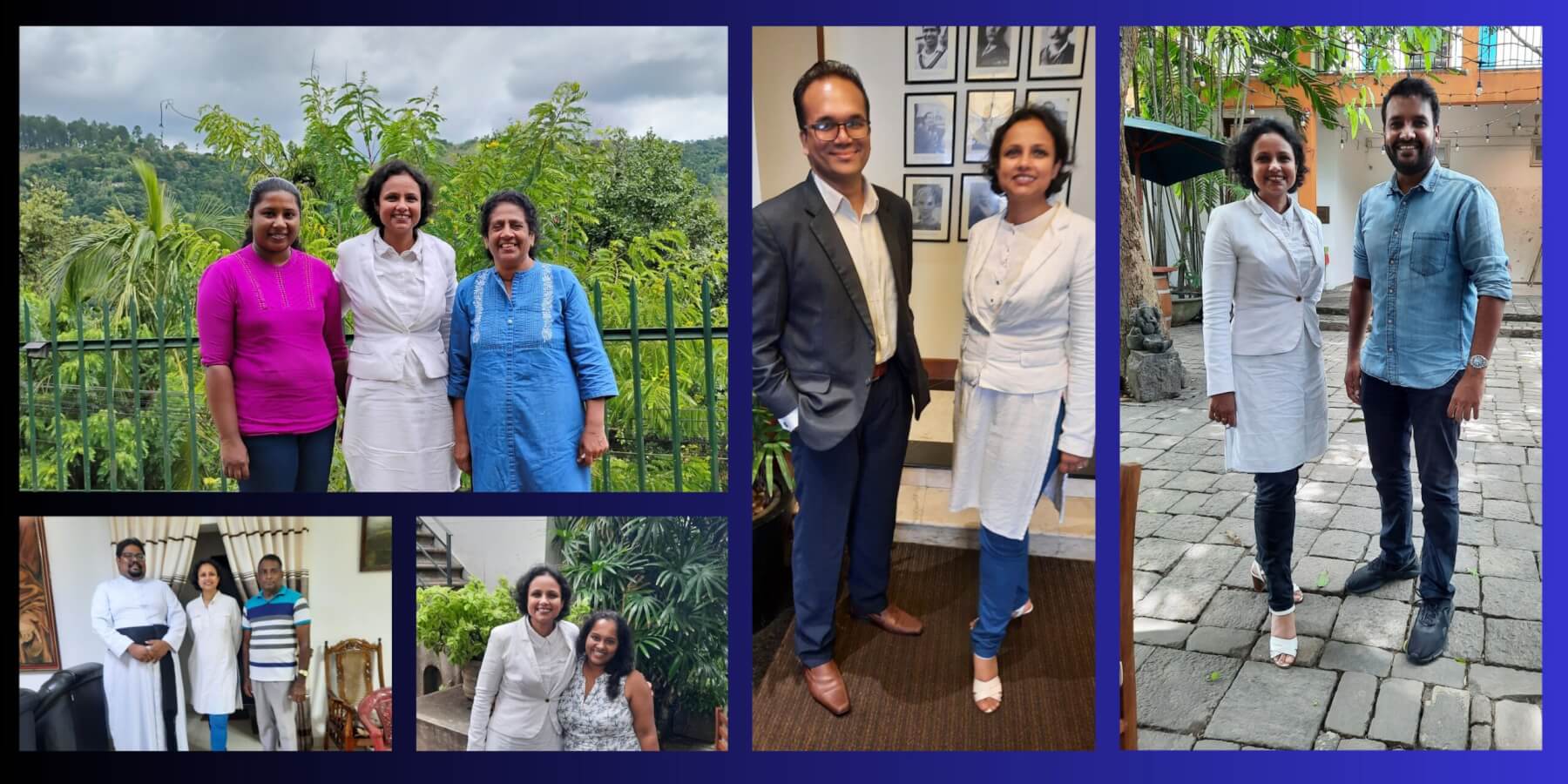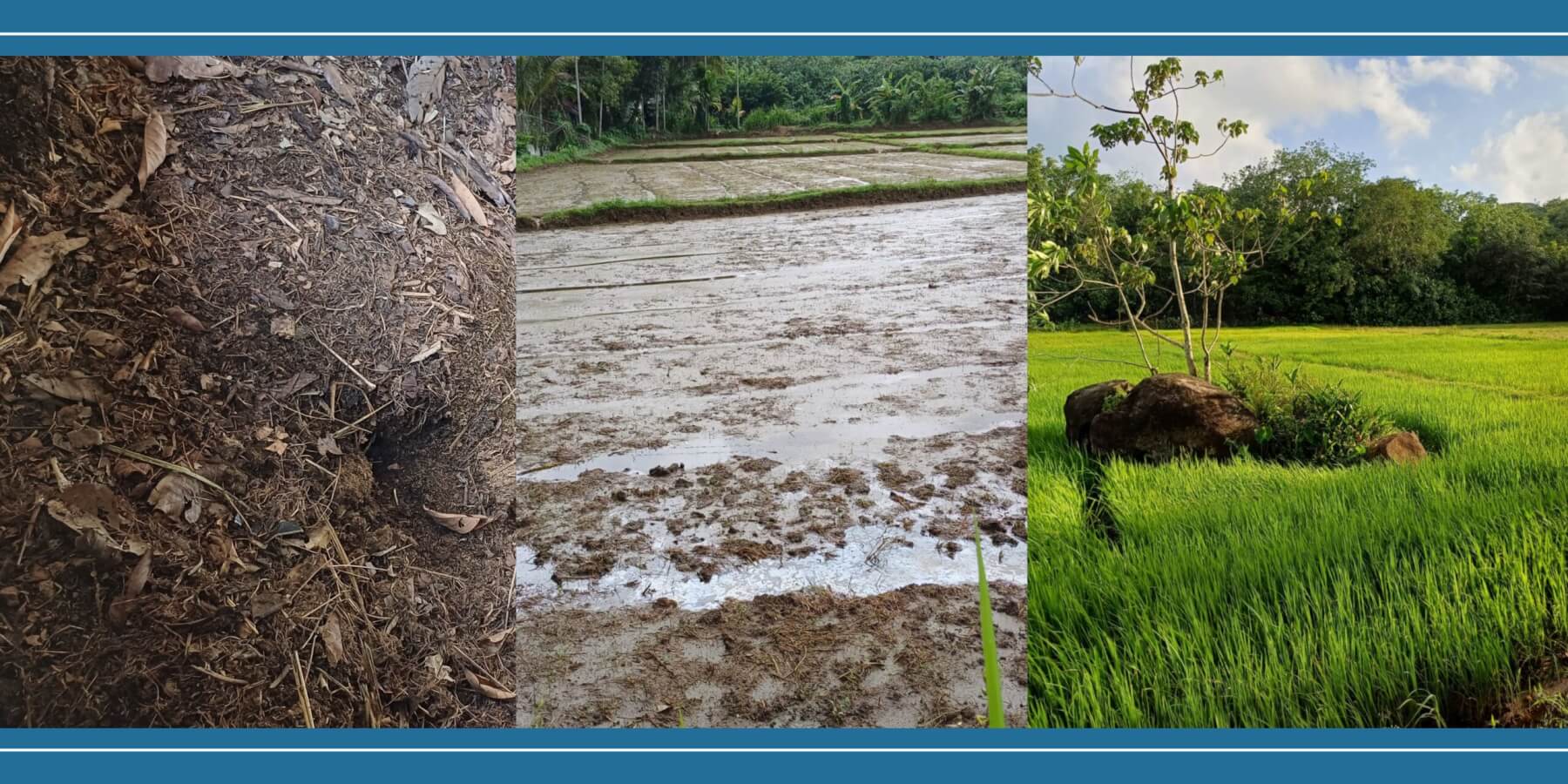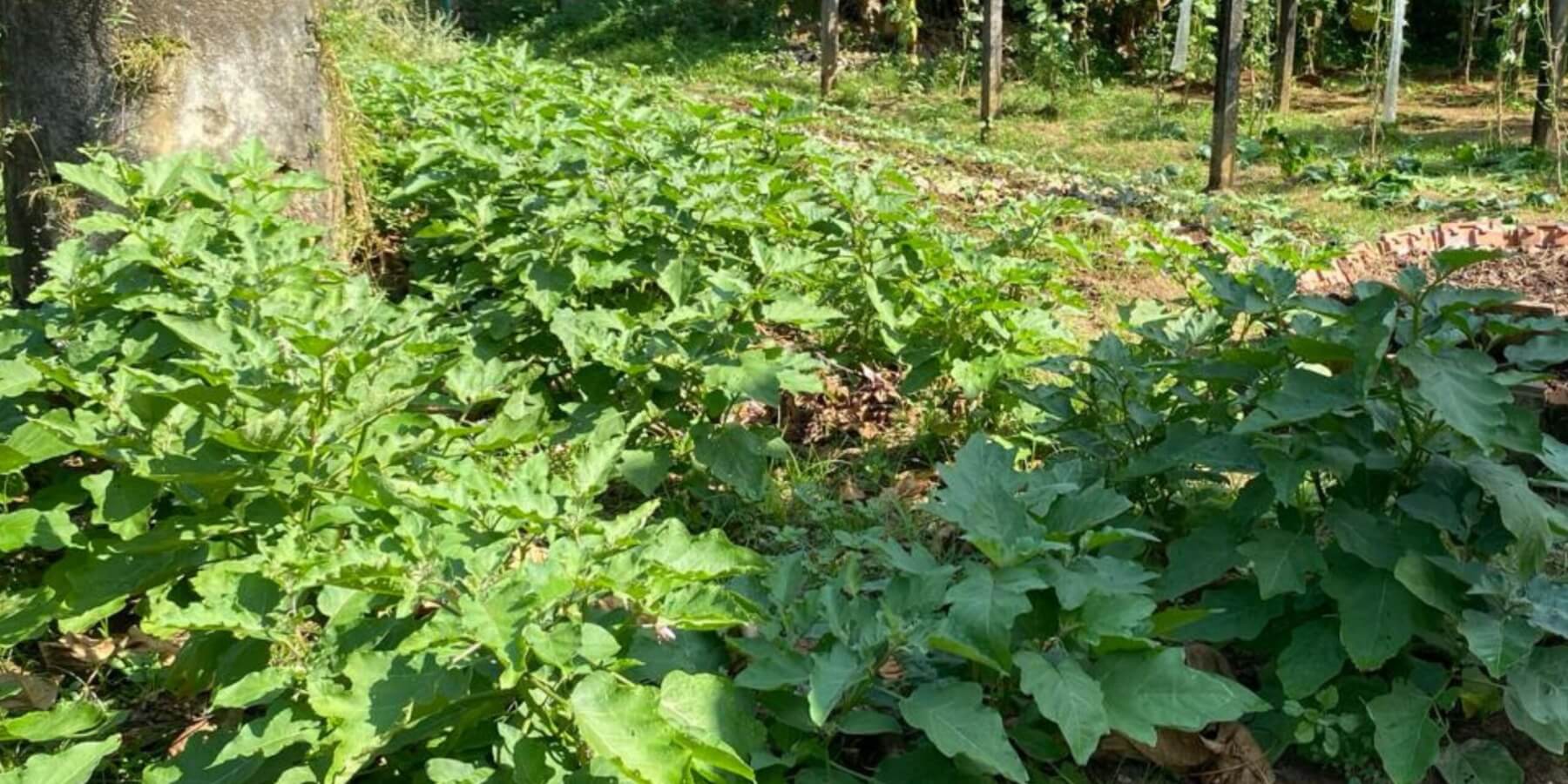Water Scarcity in Northern Province, Sri Lanka: A Growing Crisis
Water is essential for life, and yet, for the people living in the Northern Province of Sri Lanka, access to this vital resource is a constant struggle. The region, which includes areas like Jaffna, Kilinochchi, and Mannar, has been grappling with water scarcity for decades, with the situation becoming increasingly dire. This scarcity not only…


